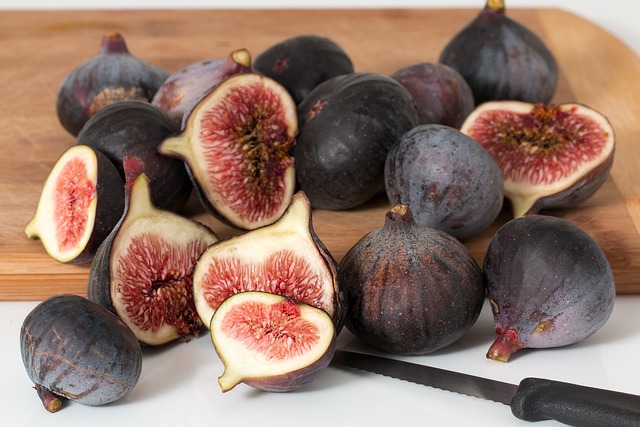Probiotics Demystified: Separating Fact from Fiction
Probiotics have gained immense popularity in recent years, with many claiming their numerous health benefits. But what exactly are probiotics? Do they live up to the hype surrounding them? In this article, we will demystify probiotics, separate fact from fiction, and provide you with a clear understanding of what probiotics are and how they may benefit your health.
Understanding Probiotics
Probiotics are live microorganisms that, when consumed in adequate amounts, can provide health benefits to the host. These beneficial bacteria and yeasts can be found in certain foods and supplements. The most common types of probiotics are lactobacillus and bifidobacterium.
While bacteria are often associated with illness and disease, not all bacteria are harmful. In fact, our bodies are home to trillions of bacteria, both good and bad, which make up our microbiota or gut flora. Probiotics help maintain a healthy balance of bacteria in our gut, promoting digestive health and overall well-being.
The Health Benefits
1. Improved Digestive Health: Probiotics can help alleviate various digestive issues, such as bloating, gas, diarrhea, and constipation. They promote the breakdown of food, enhance nutrient absorption, and support a healthy gut lining.
2. Boosted Immunity: The gut plays a crucial role in our immune system, and a healthy gut flora is essential for optimal immune function. Probiotics can strengthen the immune response, reducing the risk of infections and allergies.
3. Enhanced Mental Health: Emerging research suggests a link between our gut health and mental well-being. Probiotics may help improve symptoms of depression, anxiety, and stress by influencing the production of neurotransmitters, such as serotonin.
4. Lowered Risk of Certain Diseases: Some strains of probiotics have been associated with a reduced risk of certain diseases like irritable bowel syndrome (IBS), inflammatory bowel disease (IBD), and urinary tract infections (UTIs).
The Sources of Probiotics
Probiotics are naturally present in various foods and beverages. Adding these probiotic-rich options to your diet can help improve your gut health:
- Yogurt: Look for yogurt labeled with “live and active cultures” as they contain beneficial bacteria.
- Kimchi: A traditional Korean dish made from fermented vegetables, which is rich in probiotics.
- Sauerkraut: Fermented cabbage that contains a diverse range of probiotics.
- Kombucha: A fermented tea drink that provides a good source of probiotics.
- Tempeh: A fermented soybean product common in Indonesian cuisine that is rich in probiotics.
If you’re considering taking probiotic supplements, it’s advisable to consult with a healthcare professional to determine the most suitable strain and dosage for your specific needs.
The Controversies
Despite the growing body of evidence supporting the benefits of probiotics, there are some controversies surrounding their usage:
1. Efficacy: The effects of different probiotic strains can vary, and not all strains have been extensively studied. It’s essential to choose probiotics that have proven efficacy for your specific health concern.
2. Quality Control: The market is flooded with various probiotic products, and not all of them contain viable and effective bacteria. Look for well-established brands that ensure quality and provide third-party testing.
3. Individual Response: Each person’s gut microbiota is unique, so the benefits experienced from probiotics may vary. It may take time to find the right strain and dosage that works best for you.
Conclusion
Probiotics can be beneficial for maintaining a healthy gut, supporting digestive health, strengthening the immune system, and potentially improving mental well-being. However, not all probiotics are created equal, and their effects can vary depending on the strain, dosage, and individual response. Including probiotic-rich foods in your diet and considering quality probiotic supplements under professional guidance can help optimize your gut health.







